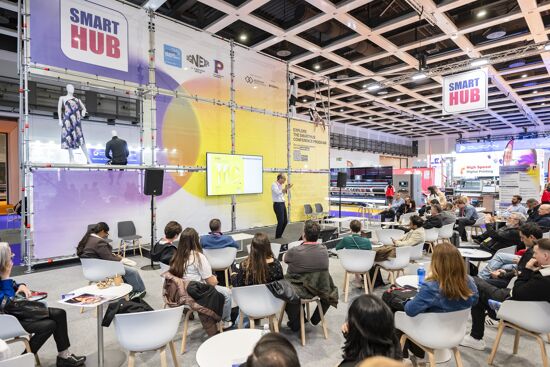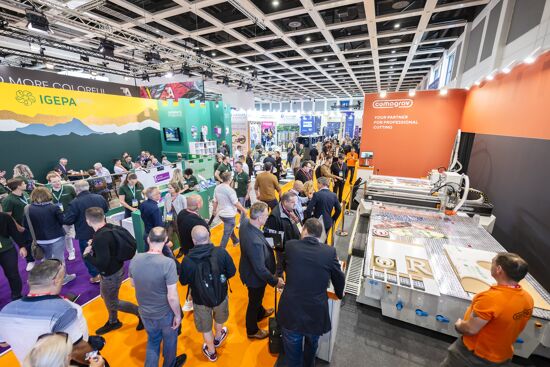Organisations that ignore culture will fail. Here is why.

Organisational culture is an essential focus for HR, senior leaders and line managers. If you fail to nurture it, you won't survive into the future.
Many factors influence organisational success, but Desson and Clouthier (2010) say that culture is “widely acknowledged to be among the most important determinants [PDF] of how effective or successful the organisation will be.”
This is because culture disproportionately influences other success factors, like process and strategy. In fact, ‘culture eats strategy for breakfast,’ as the widely-cited Peter Drucker quote goes.
This means that culture can hijack strategy, even if the strategy is great. You cannot outstrategise a poor culture. But a great culture can help you cope with a poor strategy and also assist you in fixing that strategy.
Culture stimulates action and dictates what that action looks like, its speed, direction and longevity. It is something embedded, intangible and sticky, affecting everything it touches.
Why is culture more important than ever?
Tănase (2015) calls organisational culture an issue of “escalating importance” [PDF] due to the structural changes organisations are facing: there are also new challenges and forces bearing down on organisations that are forcing them to pay more attention to culture.
Culture-driven processes are increasingly important to organisational success
In the knowledge economy, competitive advantage comes down to the efficiency and efficacy of key processes. Whether these processes yield positive, neutral or negative results tends to be strongly influenced by culture.
"There is a clear trend of people judging companies’ suitability as employers based on the relative attractiveness of their cultures."
These processes include cognition (how well employees process information and act on it), communication (how well information flows through the organisation, allowing people to make better decisions) and innovation (how well employees are able to constantly improve ideas and processes in order to become more productive over time).
Cognition is very energy intensive, so cultures that prevent employees managing their energy levels risk hampering cognition across the company. Embedding innovation is also highly dependent on culture, according to research: if employees aren’t given the space to incubate ideas, for example, innovation is much harder to achieve.
Organisations face a constantly-shifting marketplace
There are so many forces now bearing down on organisations, such as globalisation and an increased risk of technological disruption, that marketplaces are inherently unstable. Organisational agility is therefore a crucial quality [PDF] for organisations looking to stay relevant.
As we discussed above, culture disproportionately affects other parts of the organisational machine, all of which must adapt quickly if the organisation wants to be agile.
What does this mean? The more that culture is misaligned with the rest of the business, and the more the culture is change-averse, the less the organisation will be able to adapt all its moving parts to meet new challenges.
The workplace is permanently in transition
Markets are in transition, but so are workplaces, which are being disrupted in many ways: increased geographical distance between teams, a greater number of generations in the workplace, broader job roles and more.
"You cannot outstrategise a poor culture."
These forces are culturally disruptive, making a continuous focus on cultural nurturing and improvement crucial to prevent these forces causing interpersonal and individual challenges and reducing the focus and momentum of teams.
Culture is increasingly used by candidates to prioritise top employers
It’s becoming harder for employers to find available talent, making employer branding a key focus.
And although it’s difficult to generalise on what people look for in new jobs, there is a clear trend of people judging companies’ suitability as employers based on the relative attractiveness of their cultures.
Employees want work to provide richer, more fulfilling experiences - and better work-life balance - and expect the culture to drive this experience, making the creation of an inclusive, progressive culture a key goal for organisations looking to attract talent.
Culture: a success factor that organisations can’t ignore
Ultimately, culture has and always will be a crucial cog in the organisational machine: a good culture helps accelerate positive outcomes and reduce the significance of negative events, while a poor culture negatively impacts every part of the organisation.
Organisations that fail to focus on positively influencing culture will struggle to keep up with those that do: due to the forces now bearing down on organisations, this is truer now than ever before.
Topics
Interested in joining our community?
Enquire today about joining your local FESPA Association or FESPA Direct
Recent news

Industry Experts Explore the Evolution of Smart Manufacturing in the Textile Industry
A FESPA SmartHUB roundtable at Personalisation Experience 2025 discussed smart manufacturing's transformative impact on the textile industry. Experts highlighted the shift to on-demand customisation, driven by digital printing, data analytics, and automation. Key takeaways included enhanced machine control, significant waste reduction through intelligent software and colour management, and improved sustainability via energy efficiency and near-shoring, ensuring agility and environmental responsibility in textile production.

FESPA 2025 gathers leading visionaries from across the speciality print industry in Berlin
FESPA Global Print Expo 2025, European Sign Expo and Personalisation Experience (6 – 9 May 2025, Messe Berlin, Germany) welcomed Visionaries from across the speciality print industry to shape the future of print, develop forward-thinking business strategies, and explore innovative ways to translate emerging industry trends into tangible growth opportunities.

Exploring Cutting-Edge Textile Printing Innovation with Adobe Print Engine 7
Adobe PDF Print Engine 7, launched at FESPA Global Print 2025, significantly advances textile printing. Debbie McKeegan shares how it automates non-white substrate management and RGB colour handling, expands colour gamuts with in-RIP multicolour transparency blending, and streamlines workflows for efficiency and sustainability. This update boosts customisation, reduces waste, and positions businesses at the forefront of digital print innovation.

FESPA Global Print Expo 2025 - Overall Highlights
FESPA Global Print Expo, Europe's leading print and signage exhibition returned to Messe Berlin from 6 - 9 May 2025.